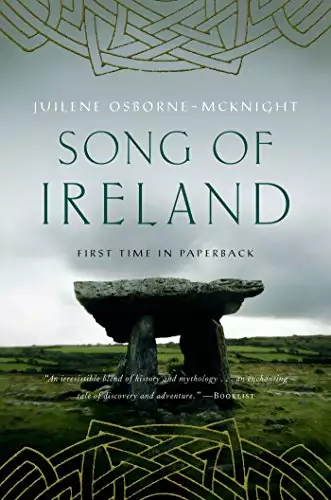Song of Ireland
We hope you are enjoying the book so far. To continue reading...
Song of Ireland
Juilene Osborne-McKnight
Copyright © 2026 All Rights Reserved
Close
